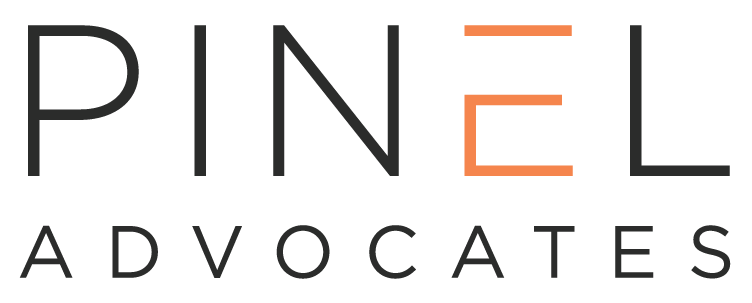Guidance regarding economic substance requirements was issued jointly by the Crown Dependencies in April 2019 (the “Guidance”).
What are the economic substance requirements?
The economic substance requirements are requisites that tax resident companies in the Crown Dependencies must fulfil if their gross income* are from any of the sectors below:
· Banking
· Insurance
· Shipping
· Fund management (not including Collective Investment Vehicles)
· Finance and leasing
· Headquartering
· Distribution and Service Centres
· Operation of a Holding Company
· Holding intangible property (Intellectual Property)
*gross income excludes not taxable income/profit or accounting income/profit
The economic substance requirements were first introduced by the government Jersey in December 2018 and are effective for accounting periods commencing on or after 1 January 2019.
Pinel Advocates will issue a series of articles on the most relevant sectors in the followings weeks and this article will focus on the operation of a Jersey holding company.
Operation of a Holding Company
A holding company, for the purpose of the economic substance requirements is a company whose main activity is to acquire and hold equities that control stakes in other companies.
However, such a company will only be required to comply with the economic substance requirements if it receives income from these holdings on its own behalf.
If a company acquires and holds equities as defined above, but also undertakes a commercial activity, such company would not be subject to the economic substance requirements for the “Operation of a Holding Company” sector. However, it may have to comply instead with the economic substance requirements of another relevant sector as applicable.
Determining whether a company’s activity is of a commercial nature can be done with a two-stage test:
1. Does the activity involve exchanging goods, services or assets in order to make a profit? and
2. Is the activity ‘actively’ taking place?
According to the Guidance, placing dividend monies received on deposit or using them to acquire and passively hold other securities, would not constitute a commercial activity. A company undertaking such activity would therefore have to comply with the economic substance requirements.
What are the requirements for a holding company?
If a company is held to be a holding company as defined above, such company must demonstrate that they have adequate substance in Jersey.
Generally, a company will be deemed to have adequate substance in the relevant island if:
· the company is ‘directed and managed’ in the relevant island which is a different test to the ‘central management and control’ test;
· proportionally to the activity carried out in Jersey, the company employs an adequate number of qualified personnel, has an adequate expenditure and has adequate physical assets; and
· the company manages ‘core income-generating activity’ (“CIGA”) in Jersey.
The CIGAs are defined as the key essential and valuable activities that generate the income of a company. They vary depending on the sector concerned. The CIGAs for a holding company can be all actives related to that business.
Report information
A company concerned by the economic substance requirements must provide the information below as part of its income tax filing process:
· its business or income types in order to determine the relevant activity
· the amount and type of gross income by relevant activity
· the amount of operating expenditure by relevant activity
· the details of the premises
· the number of qualified personnel specifying the number of full-time equivalents
· confirmation of the CIGA conducted for each relevant activity
· the financial statements
· confirmation of whether any CIGA has been outsourced and if so relevant details.
If you are concerned by the economic substance requirements or have any questions regarding this matter, please do not hesitate to contact the Pinel Advocates team at enquiries@pinelavocates.com

